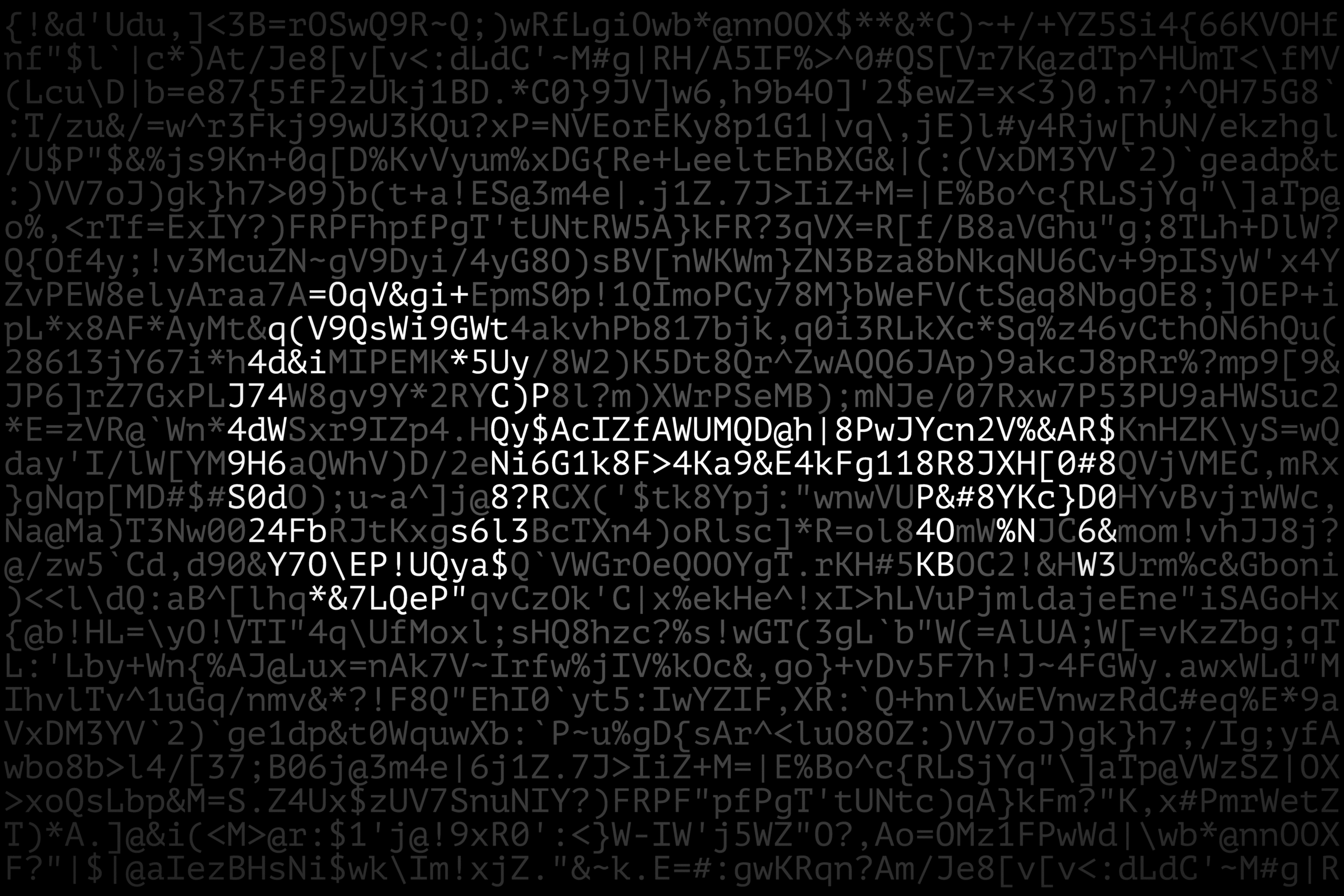The Zero Trust Model for the Hybrid Work Era
Category: News
Published: 9th December 2024

In recent years, the rise of hybrid and remote work has introduced new security challenges, prompting businesses to adopt more sophisticated security measures. By 2025, we expect even greater investments in security solutions specifically tailored for remote work environments, particularly in technologies like Virtual Private Networks (VPNs) and Secure Access Service Edge (SASE). These tools are critical for providing secure, flexible access across varied work settings, supporting a “work from anywhere” culture while safeguarding sensitive data.
As cyber threats, such as ransomware and network breaches, continue to escalate, the need to limit attack impact has pushed the Zero Trust model into the cyber security spotlight. Zero Trust’s foundational principle, ‘never trust, always verify’, offers a structured, proactive approach to minimise risk by restricting lateral movement across networks. By requiring continuous authentication and enforcing least-privilege access, organisations can significantly reduce exposure, granting users access solely on a ‘need-to-know’ basis.
As cloud adoption accelerates, Zero Trust architectures are solidifying as core components of modern Security Operations Centres (SOCs). This model is especially critical for managing risks associated with remote access and potential insider threats in the cloud era. Key Zero Trust strategies, such as continuous identity verification, micro-segmentation, and least-privilege access, fortify defences against both external and insider threats, ensuring robust security across digital environments.
Emerging methodologies like micro-segmentation are helping organisations reduce the potential fallout of a cyber incident. By dividing networks into isolated segments, micro-segmentation prevents threats in one area from cascading across the entire system. Each segment operates autonomously, ensuring that a breach in one segment has minimal impact on other parts of the network.
Zero Trust Network Access (ZTNA) has proven invaluable in overcoming cyber security challenges within hybrid work settings. By advancing traditional VPN capabilities, ZTNA ensures that remote access remains secure, supporting a dynamic workforce while mitigating risks in multi-cloud environments.
As cyber security strategies advance, Zero Trust is poised to become the backbone of resilient, adaptive cyber security in 2025.



